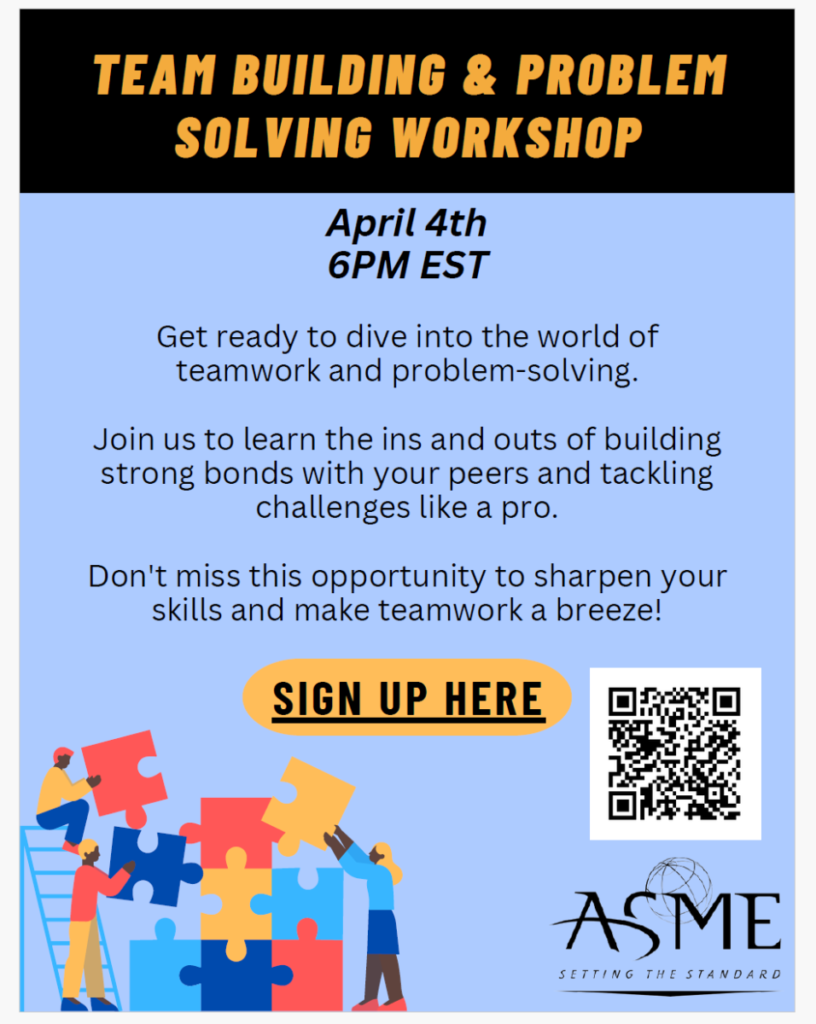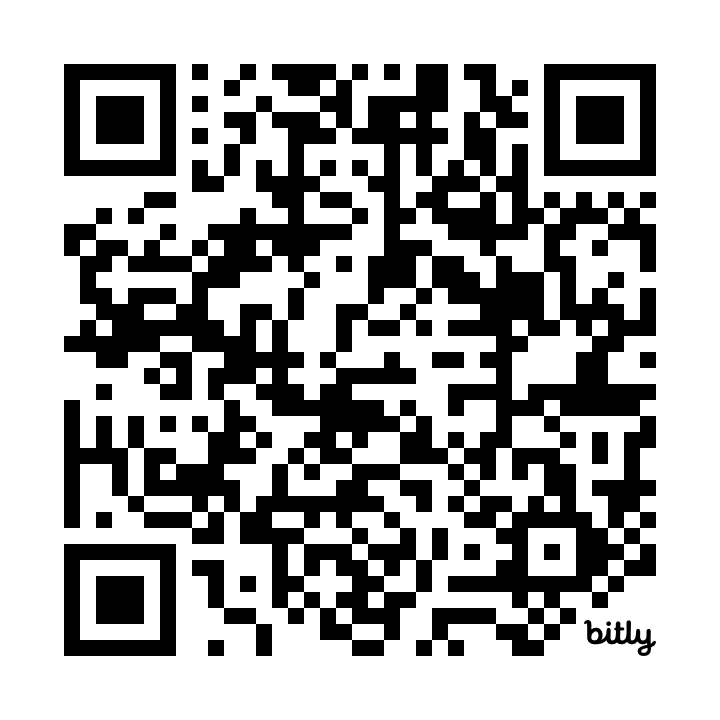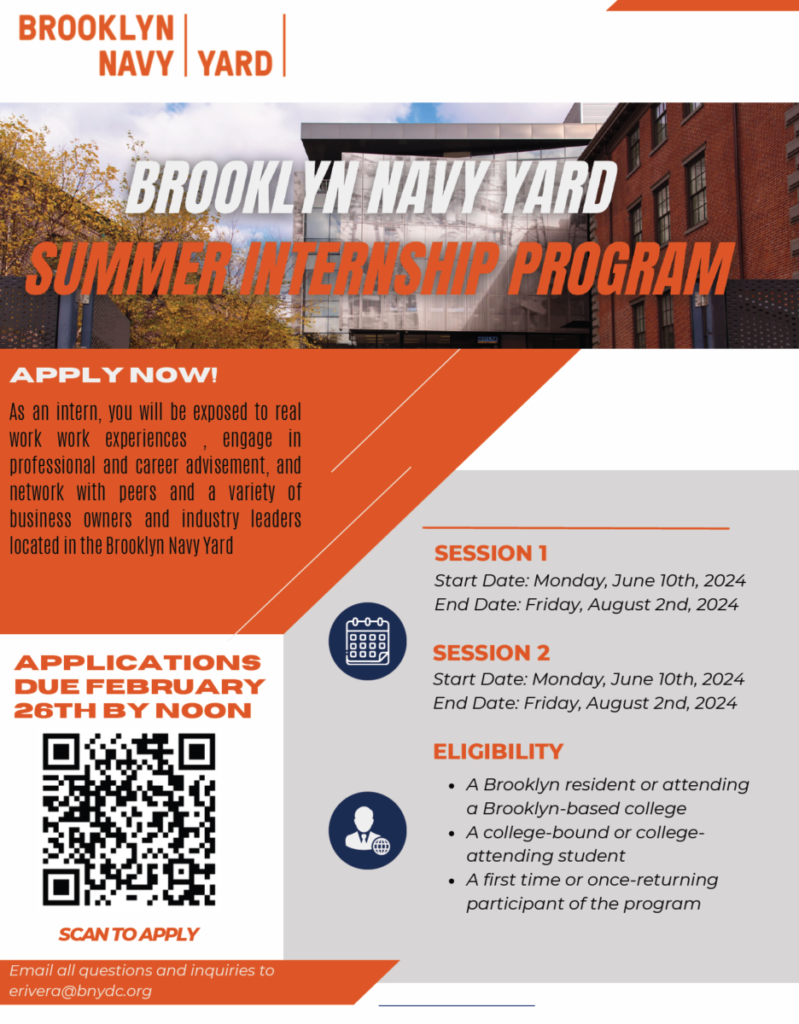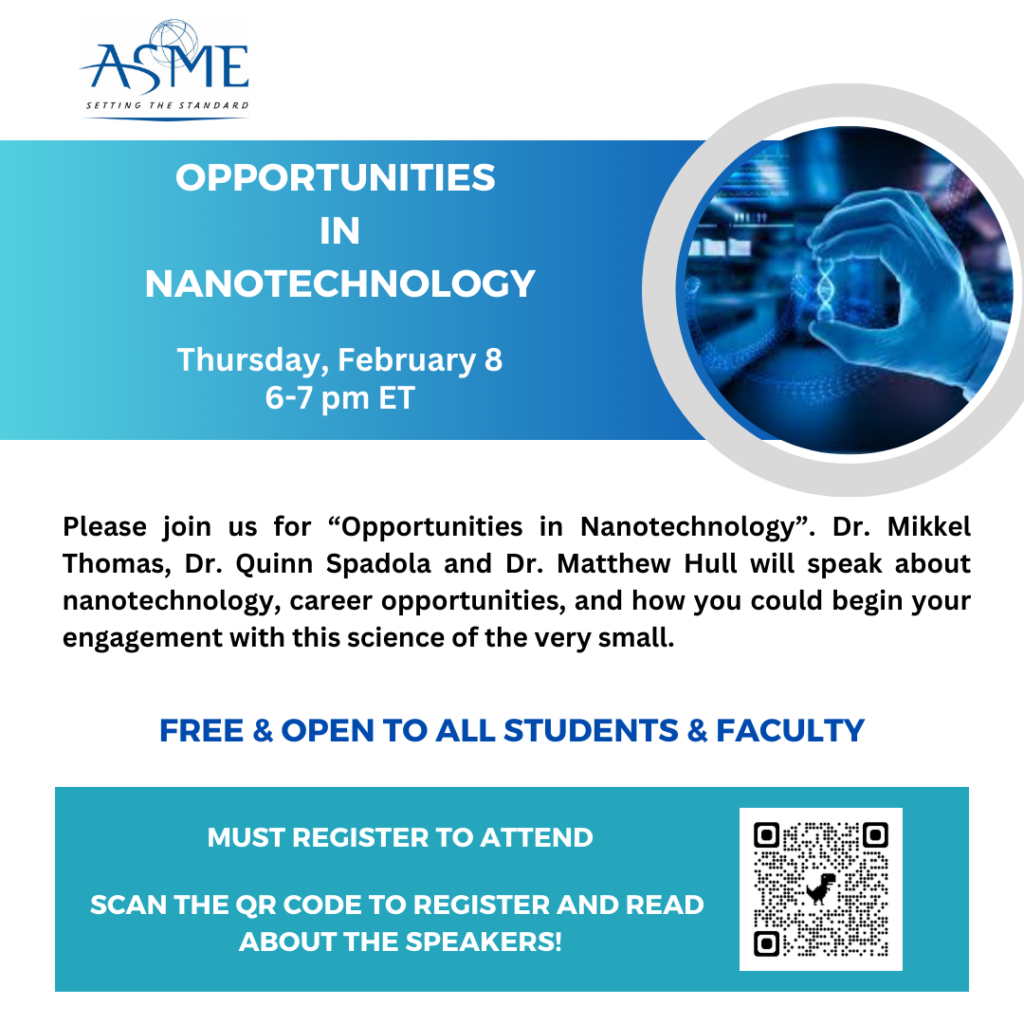See the flyer about Building Automation System Training. The deadline extended 9/30
Category: Uncategorized
Interested in the Energy Sector?
FYI. If you are interested in the Energy Sector, please check the following info:
Center for Energy Workforce Development:
April 4th 2024 6pm, ASME TEAM BUILDING & PROBLEM SOLVING WORKSHOP
April 4th
6PM EST
Get ready to dive into the world of
teamwork and problem-solving.
Join us to learn the ins and outs of building
strong bonds with your peers and tackling
challenges like a pro.
Don’t miss this opportunity to sharpen your
skills and make teamwork a breeze!
Sign up here:
https://asme.zoom.us/meeting/register/tJElc-quqzMtG9dsyMKfJJ94p97XXPdxkECg#/registration

ASME Engineering Scholarships
A scholarship is considered by ASME to be a grant made to a student to enable or assist the student in pursuing an educational program in mechanical engineering or mechanical engineering technology at the undergraduate or graduate level.
https://www.asme.org/asme-programs/students-and-faculty/scholarships
Student Survey for a new Bachelor of Science (BS) in Industrial Design Program
The MECH department is preparing a new Bachelor of Science (BS) in Industrial Design. Please answer all of them.
Go to the following link https://bit.ly/bsindstudentsurvey
or use this QR code

ASME Mock Interviews 3/14, 15, 21, 22. Register now.
Friendly reminder that we have our Mock Interviews approaching in the coming weeks during the following dates and times:
- March 14, 6PM-7PM EST
- March 15, 12PM-1PM EST
- March 21, 6PM-7PM EST
- March 22, 12PM-1PM EST
Registration for mock interviewers is here: https://forms.office.com/r/WnwT7yrm10
ASME Upcoming Interviewing Workshop February 29th from 6PM-7PM EST and Friday, March 1st from 12PM-1PM EST.
Please see the ASME interview workshop info.
Dr. Nakamura
=========
From ASME
This is a friendly reminder of our Interviewing Workshop happening tomorrow, February 29th from 6PM-7PM EST and Friday, March 1st from 12PM-1PM EST.
Students are encouraged to join us to hear from industry professionals on the best interviewing tips and tricks. See the attached flyer for more information.
Students can register for our workshop here: https://forms.office.com/r/stZnCaLLve
*Please note you must complete registration via the Zoom links in this form to receive your respective Zoom link
Please share this workshop with your respective students, colleagues and community. It is open to all students and faculty.
From THRIVE Cohort-Wide Learning Circle Meeting 2/22/2024
============
The guidelines below are intended primarily for oral philosophical discussion in formal settings: colloquia, conferences, seminars, classes, and so on. Many of them have some application to informal philosophical discussion and to nonphilosophical discussion as well.
The specific norms are intended as means of facilitating more general norms of being respectful, constructive, and inclusive. These probably aren’t exceptionless categorical norms (there are situations in which it is appropriate to be disrespectful, destructive, and exclusive). But in many philosophical contexts, they are useful norms to have in place. Groups are encouraged to adapt and modify these guidelines for their purposes as they see fit.
All this is a highly tentative work in progress. Suggestions for addition, subtraction, and change are more than welcome. Thanks to many philosophers for their suggestions so far.
See the NYU guidelines for respectful discussion for a simplified and adapted version of this list.
I. Norms of respect
1. Be nice
2. Don’t interrupt.
3. Don’t present objections as flat dismissals (leave open the possibility that there’s a response).
4. Don’t be incredulous.
5. Don’t roll your eyes, make faces, laugh at a participant, etc, especially to others on the side. (Partial exception for signalling norm violations to the chair.)
6. Don’t start side conversations parallel to the main discussion.
7. Acknowledge your interlocutor’s insights.
8. Object to theses, don’t object to people.
============
Nudging Toward Diversity: Applying Behavioral Design to Faculty Hiring
KerryAnn O’Meara, Dawn Culpepper https://orcid.org/0000-0002-3547-4615, and Lindsey L. Templeton
Abstract
This narrative and integrative literature review synthesizes the literature on when, where, and how the faculty hiring process used in most American higher education settings operates with implicit and cognitive bias. The literature review analyzes the “four phases” of the faculty hiring process, drawing on theories from behavioral economics and social psychology. The results show that although much research establishes the presence of bias in hiring, relatively few studies examine interventions or “nudges” that might be used to mitigate bias and encourage the recruitment and hiring of faculty identified as women and/or faculty identified as being from an underrepresented minority group. This article subsequently makes recommendations for historical, quasi-experimental, and randomized studies to test hiring interventions with larger databases and more controlled conditions than have previously been used, with the goal of establishing evidence-based practices that contribute to a more inclusive hiring process and a more diverse faculty.
============
Launch Committee
https://advance.umich.edu/wp-content/uploads/2019/09/Launchee-Handout.pdf





